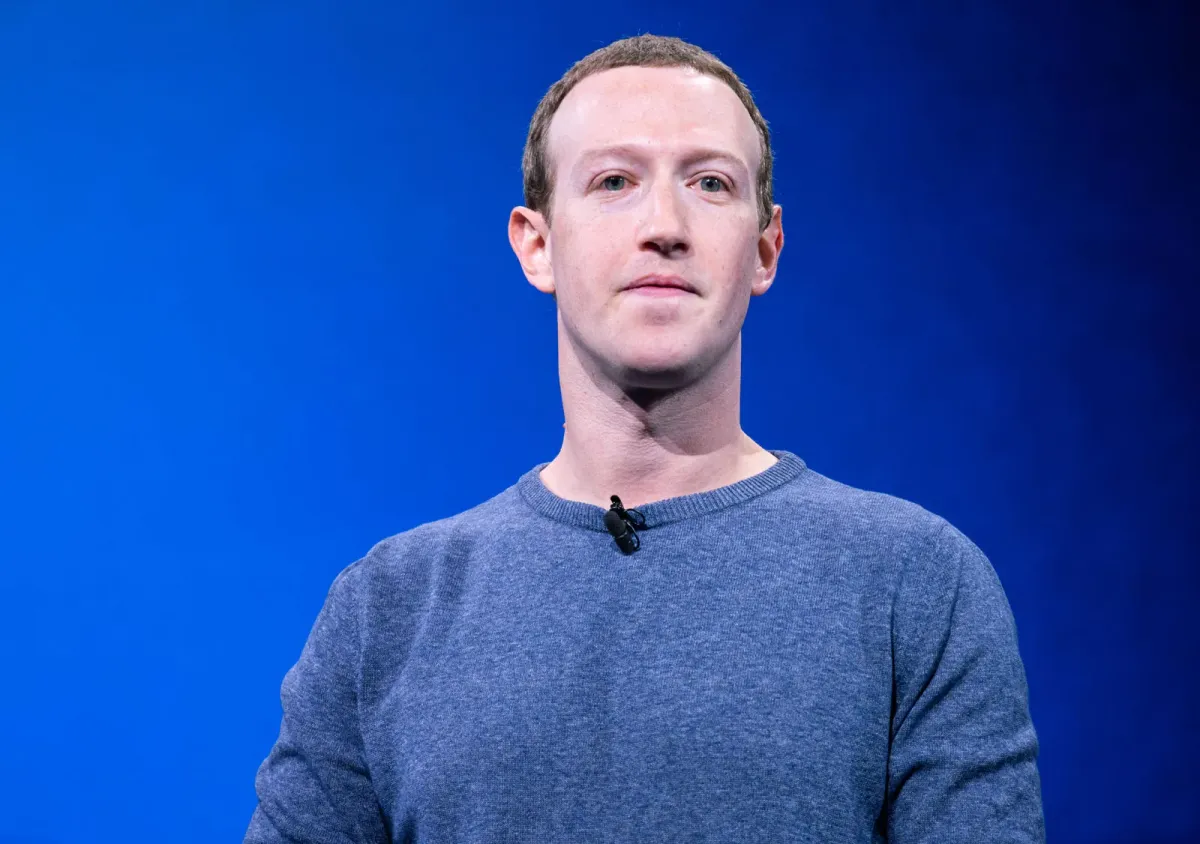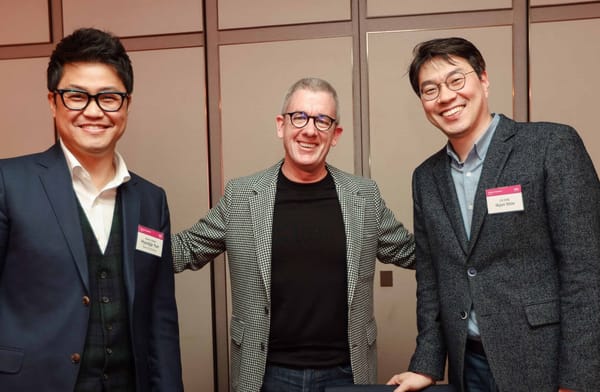U.S. Judge Dismisses Authors’ Copyright Lawsuit Against Meta Over AI Training
Judge Vince Chhabria dismissed the case, stating the plaintiffs failed to show any meaningful market damage.

A U.S. federal judge ruled in favour of Meta Platforms Inc. in a copyright lawsuit brought by 13 authors, including comedian Sarah Silverman, who alleged that Meta illegally used their books to train its AI models without permission.
The authors claimed Meta accessed their works through online libraries, leading to potential plagiarism and harm to the book market.
However, Judge Vince Chhabria dismissed the case, stating the plaintiffs failed to show any meaningful market damage.
“Meta has defeated the plaintiffs’ half-hearted argument that its copying causes or threatens significant market harm,” the judge wrote, while adding, “That conclusion may be in significant tension with reality.”
Chhabria clarified the decision is limited to these 13 plaintiffs and does not imply that Meta’s AI training practices are broadly lawful.
He also rejected Meta’s argument that copyright restrictions would stifle AI development, calling it “nonsense.”
“Open-source AI models are powering transformative innovations, productivity and creativity for individuals and companies, and fair use of copyright material is a vital legal framework for building this transformative technology,” a Meta spokesperson said in a statement.
This marks the second legal victory for AI companies this week, following a similar decision in favor of Anthropic PBC.
This week, the startup won a partial legal victory, as a U.S. federal judge ruled that training its AI chatbot Claude on lawfully purchased, digitised books qualifies as fair use under copyright law.
The court determined that the model's output transforms original content into new work, likening AI learning to that of a human reading a book to inspire original writing.
U.S. District Judge William Alsup emphasised that Anthropic’s models “create something different,” supporting claims that AI can legally learn from existing works.




